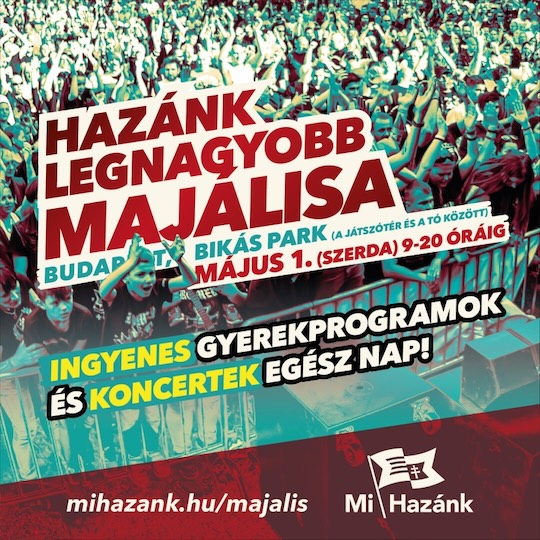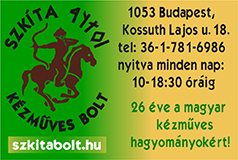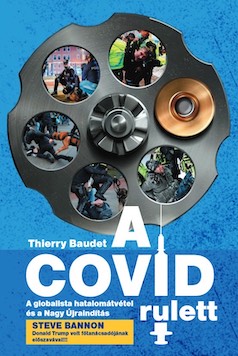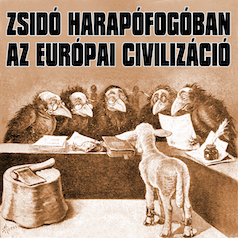RAMALLAH: The chief Israeli pathologist and director of the Institute of Forensic Medicine at Abu Kabir, professor Yehuda Hiss, has admitted harvesting organs from the bodies of dead Palestinians without the consent of their families.
Hiss said that he and doctors who worked under him took parts from bodies — including skin, corneas and heart valves — in the 1990s for transplantation. He also admitted that the same parts were taken from dead Israelis for the same purpose.
Hiss’ remarks came in an interview with Nancy Sheppard-Hughes, a professor of anthropology at the University of California-Berkeley who tracks the organ trade worldwide. The one-hour interview was recorded in 2000 as part of Sheppard-Hughes’ study at Abu Kabir and was broadcast on Israeli television on Friday night.
The report said Sheppard-Hughes decided to publish the interview after the leading Swedish daily Aftonbladet reported in August that Israeli soldiers killed Palestinians to trade in their organs.
The Israeli pathologist said “the skins were taken from the bodies and transmitted to Hadasah hospital in Jerusalem on the request of Israeli Army to be transplanted to wounded soldiers and in case of disaster.”
Sheppard-Hughes said the taking of organs “was not only from Palestinians and the bodies of terrorists, but all people. The symbolism is of taking the parts from a population which is considered enemy for military uses. This has to be reconsidered.”
In August, Aftonbladet quoted Palestinians as saying that young men from the West Bank and Gaza Strip had been seized by the Israeli forces and that their bodies returned to their families with missing organs.
“’Our sons are used as involuntary organ donors,’ relatives of Khaled from Nablus said to me, as did the mother of Ra’ed from Jenin as well as the uncles of Mahmoud and Nafez from Gaza, who all had disappeared for a few days and returned by night, dead and autopsied,” wrote author Donald Bostrِm in his report.
Bostrِm also cited an incident of alleged organ snatching in 1992 during the first intifada.
He said Israeli soldiers seized a young man known for throwing stones at Israeli troops in the Nablus area. The man had been shot in the chest, both legs and the stomach before being taken to a military helicopter which transported him to “a place unknown to his loved ones.”
Five nights later, Bostrِm says, the young man’s body was returned, wrapped in green hospital sheets.
(Arab News)











